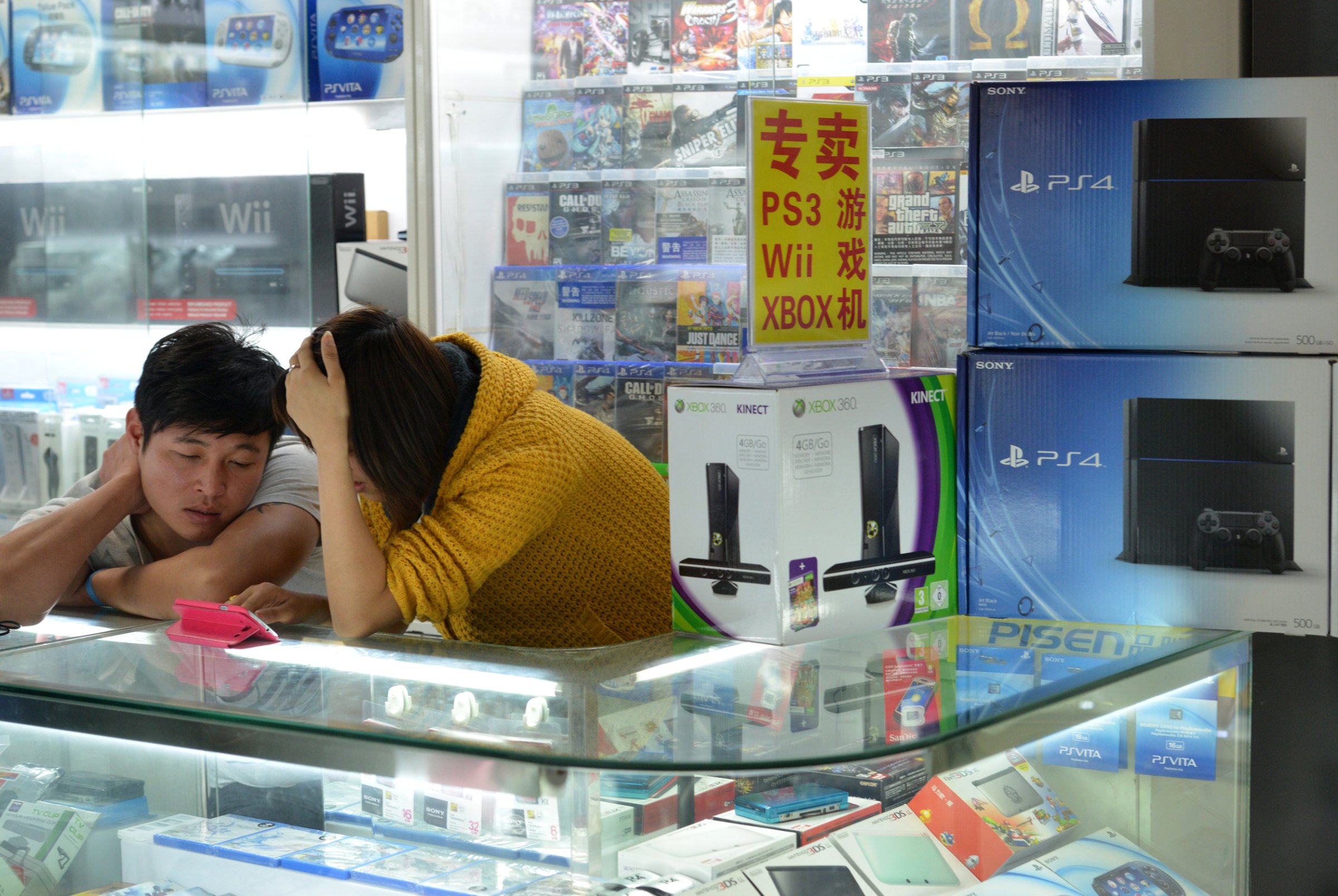
Unannounced visits Monday by Chinese officials to Microsoft offices across China have sparked controversy over the latest Sino-U.S. relation: technology.
Officials from China’s State Administration for Industry & Commerce (SAIC) visited offices in Beijing, Shanghai, Guangzhou and Chengdu, according to Sina, a Chinese online media company. Microsoft China, which has three major locations in Beijing, Shanghai and Shenzhen, has since confirmed the visits, providing no further details, adding that the company would “actively cooperate” with the government’s requests.
The visits reportedly lasted from morning until 6 p.m., and resulted in computers and hard drives being taken away, according to several Chinese news outlets. A source familiar with the matter told Reuters the visits were likely preliminary stages of an antitrust investigation, while Microsoft China has reportedly confirmed to the Beijing News that it is, in fact, what the SAIC calls “unfair business.”
Chinese IT analysts believe that suspicions of a Microsoft monopoly are relegated to the operating system market alone. One well-known Chinese IT lawyer told media outlets that it’s likely Microsoft is being accused of using its broad market share to unfairly bundle in other products, like Skype, which Microsoft acquired in 2011.
China set a precedent in preventing U.S. tech giants from monopolizing the Chinese market in November, when the Chinese government launched an antimonopoly investigation of Qualcomm, a U.S. company that’s the largest maker of processors and communication chips for mobile phones. China’s antitrust regulator said Thursday that Qualcomm does have a monopoly.
Fears of a U.S. monopoly appear closely linked to anxiety, fueled by revelations made by Edward Snowden of NSA surveillance abroad, that U.S. technology may compromise Chinese citizens’ personal information. Earlier this year, the Chinese government banned Microsoft offices from installing the company’s latest operating system, Windows 8, due to skepticism over possible security threats. Several broadcasts on the state-run CCTV accused Microsoft cloud technology of compromising user data.
Apple also came under scrutiny in July, when CCTV broadcasted that Apple’s iPhone was a “national security threat” due to its GPS system, which could expose “state secrets.” Apple has denied these claims.
China also appears to be involved in the very hacking that it’s discouraging, as reports surfaced of Chinese hackers attempting to gain access to confidential U.S. data.
More Must-Reads From TIME
- The 100 Most Influential People of 2024
- Coco Gauff Is Playing for Herself Now
- Scenes From Pro-Palestinian Encampments Across U.S. Universities
- 6 Compliments That Land Every Time
- If You're Dating Right Now , You're Brave: Column
- The AI That Could Heal a Divided Internet
- Fallout Is a Brilliant Model for the Future of Video Game Adaptations
- Want Weekly Recs on What to Watch, Read, and More? Sign Up for Worth Your Time
Contact us at letters@time.com